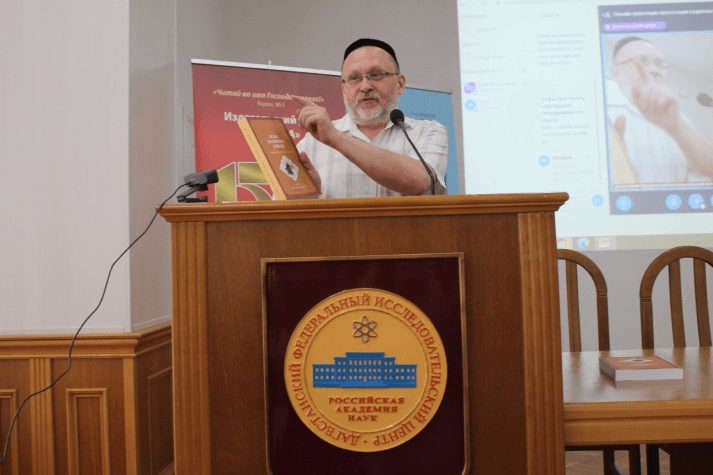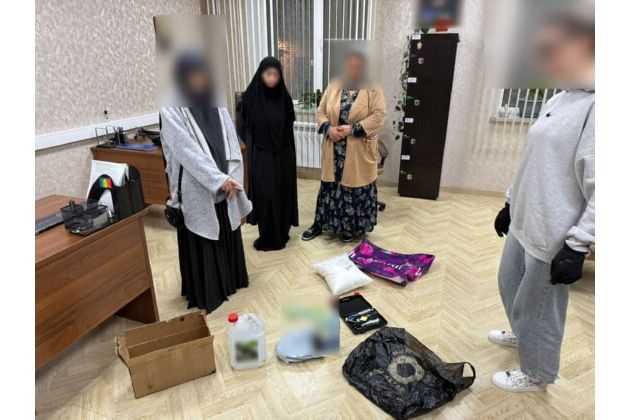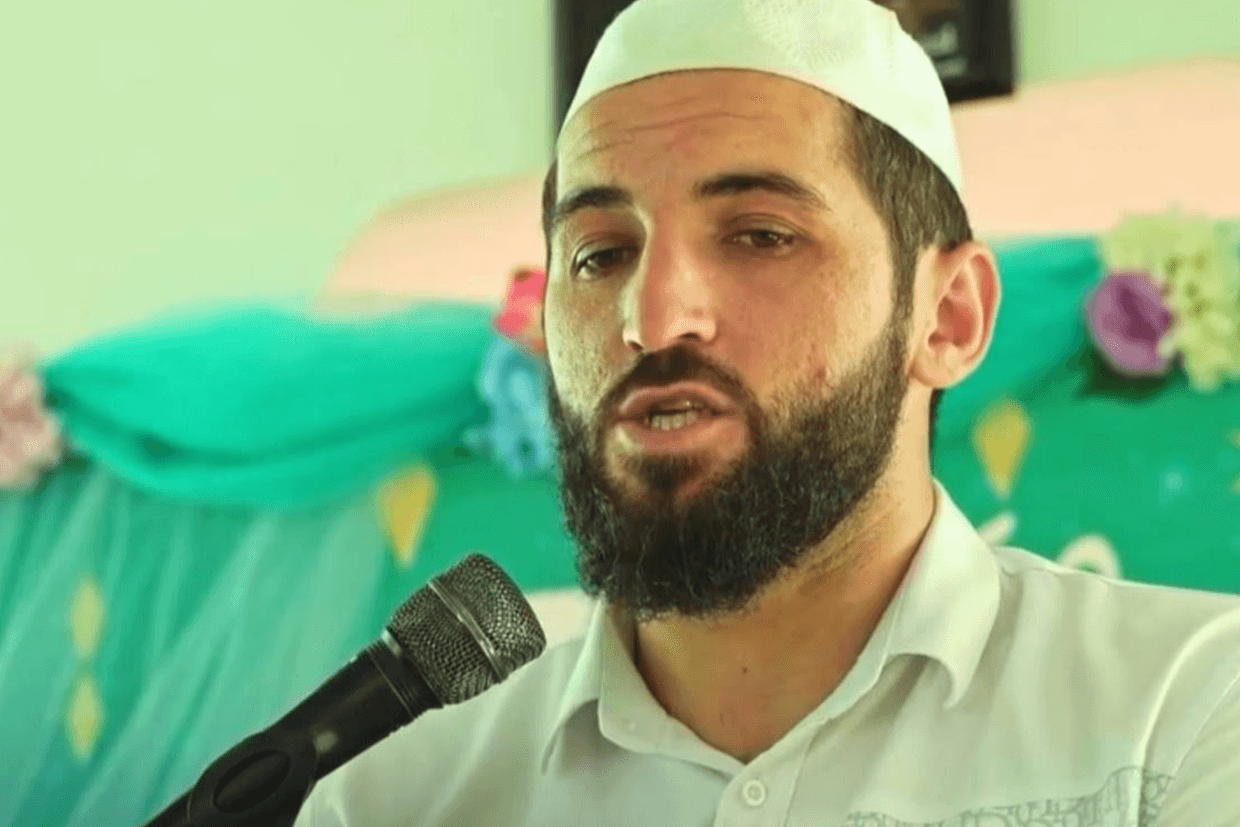Spiritual Directorate of Muslims appeals ban on encyclopedic dictionary about Islam in North Caucasus

The publishing house Medina and the Spiritual Directorate of Muslims of Russia have filed an appeal against a decision by Moscow City Court declaring the encyclopedic dictionary Islam in the North Caucasus to be extremist material.
The decision was made following a prosecutor’s claim based on the expertise of Roman Silantyev, head of the Laboratory of Destructology at Moscow State Linguistic University. According to his findings, two articles in the encyclopedic dictionary — Wahhabis of the North Caucasus and History of Islam in Chechnya — contained references to ‘persons and organisations involved in terrorist activity’.
The encyclopedic dictionary was presented in Moscow in 2023, after more than ten years of preparation, initially running with 500 copies. According to the editors, the aim was to provide the most objective reference material possible, balancing different points of view and reflecting the development of Islam in the republics of the North Caucasus with their linguistic and cultural diversity. The authors emphasised that they deliberately avoided focusing on assessments of recent history.
Following the court’s ruling, the publisher circulated a notice to scientific and educational institutions involved in the project, as well as to the authors of the articles. The director of publishing house Medina Ildar Nurimanov said that the accusations against the encyclopedic dictionary had been initiated by Roman Silantyev — a publicist and author of what he called a ‘non-existent academic discipline’, destructology.
According to him, Silantyev both participated in compiling the expert act on the encyclopedic dictionary and wrote ‘exposés’ about it in the media. Nurimanov believes that the appeal to the prosecutor’s office and the initiation of the ban were an act of personal revenge, since Silantyev was removed from his post as secretary of the Interreligious Council of Russia after a request from the Spiritual Directorate of Muslims.
Nurimanov also noted that if the case were not personal, the accusations would have affected a much wider circle of specialists and organisations, including institutes of the Russian Academy of Sciences and leading Islamic scholars. The narrow choice of those deemed ‘responsible’, in his view, proves Silantyev’s personal animosity.
The deputy head of the spiritual administration, Damir Mukhetdinov, also confirmed their intention to appeal the decision.
‘We intend to file an appeal in a higher judicial instance against the ruling concerning the encyclopaedia Islam in the North Caucasus and to use all available opportunities to protect the professional reputation, honour, and dignity of the collective of authors and editors,’ Mukhetdinov was quoted as saying by the state-run media outlet RIA Novosti in August.
On 7 August a magistrate judge issued two rulings concerning the publication of the book.
According to these, the publication contained references to organisations and individuals recognised as terrorist organisations in Russia, without indicating that their activities are banned on the territory of Russia. The prosecution qualified this as dissemination of information about organisations whose activities are prohibited by court decision.
The defence argued that the book is a scientific publication and does not fall under this article, also referring to the absence of an offence and the expiry of the statute of limitations. The court rejected these arguments, ruling that liability arises from the continued mention of information in the book, whether through print or in media, and that statute of limitation is calculated from the moment the violation is identified.
As a result, two decisions were made: Mukhetdinov was found guilty and fined ₽5,000 ($60), and the Spiritual Directorate of Muslims was fined ₽50,000 ($600). At the same time, both rulings did not order the confiscation of the publication.
Islamologists link the court decision to pressure on the directorate. Religious scholar Rinat Mukhametov noted that pro-government media and officials had already published statements about the organisation’s imminent abolition.
‘Very important information we have been waiting for has arrived… Since the ideological roots of this “collective work” (created by a group of people by prior agreement) grow out of the [directorate], it is possible to reasonably assume that soon a “doctor” will be sent to this “forge of extremists”. Long overdue. The “patient” is getting worse and worse, having lost orientation in time and space,’ Mukhametov quoted Presidential Human Rights Council member Aleksandr Kabanov as saying on his Telegram channel.
Lawyers representing the publisher told the independent Russian outlet Caucasian Knot that the Moscow City Court decision had already come into effect and was subject to immediate execution: the encyclopaedia has been included in the federal list of extremist materials and its distribution has been banned. At the same time, the authors and publishers still have the right to appeal the decision in courts.
Silantyev previously prepared expert assessments in the case of director Yevgenia Berkovich and playwright Svetlana Petriychuk, who in 2024 were sentenced to six years in prison for ‘justifying terrorism’ in their play Finist the Brave Falcon. In July this year, based on Silantyev’s findings, the ‘International Satanism Movement’ was also recognised as extremist and banned.












